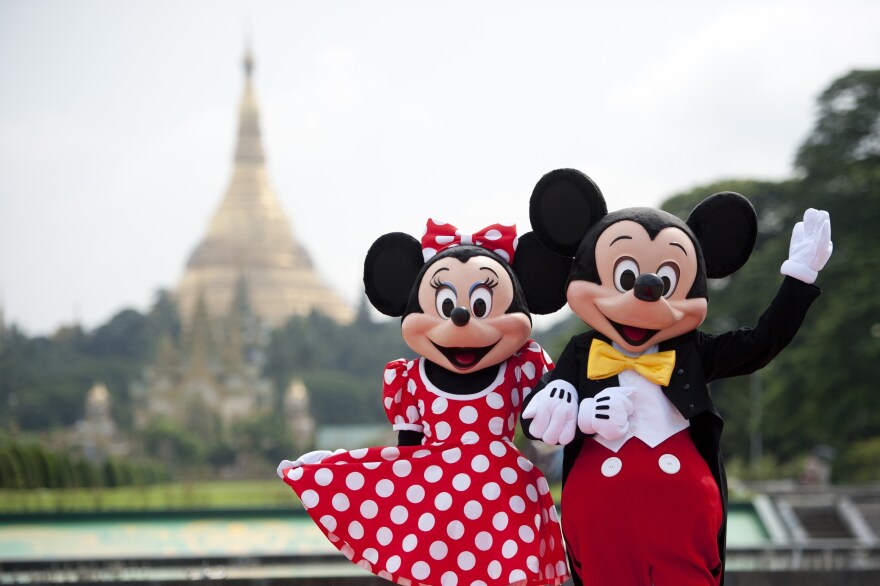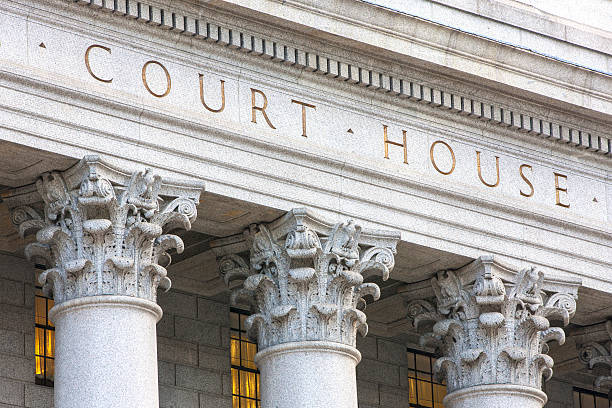Years ago, Abigail Disney — granddaughter of Roy O. Disney and great-niece of Walt — walked away from the company that had shot her family to fame and fortune. Ms. Disney got rid of most of her stock in the company, saying that she did not feel like the money was hers, as she did nothing to earn it. In the years since, Ms. Disney has kept a few shares of the company, but has been on less-than-friendly terms with the people running it and has frequently criticized The Walt Disney Company for its low Cast Member (employee) wages and sky-high executive salaries.

When it comes to salaries, Ms. Disney has taken aim at both current CEO Bob Chapek, as well as past CEO Bob Iger. Ms. Disney has indicated that, while she used to have a decent relationship with Iger, her relationship with both men is now non-existent.
Ms. Disney has always called upon the Walt Disney Company to increase the pay of its Cast Members. Especially after surveys revealed that a number of Cast Members had experienced homelessness and food insecurity while working for the House of Mouse. Ms. Disney has even gone so far as to make a documentary film — called The American Dream and Other Fairy Tales — detailing the company’s low employee pay and high executive salaries — including a $20 million per year bonus that Bob Chapek receives.

The documentary — which will soon be widely released — was produced by Ms. Disney’s production company, Fork Films. Unfortunately, we are now learning that Fork Films will be closing its doors. The decision was made a while ago, but is now being made public. News of the closure was first shared by Variety:
As part of the closure, fewer than 10 positions have been eliminated. Abigail, a filmmaker and philanthropist, is also the granddaughter of Roy Disney, the co-founder of The Walt Disney Company.
A spokesperson for Fork Films said the staff was notified of the closure in February, and have been working to wind down the company by Sept. 30, 2022. Disney’s most recent film, “The American Dream and Other Fairy Tales,” which she co-directed with Kathleen Hughes, debuted at the Sundance Film Festival and was recently released digitally. The film examines the issue of economic inequality and ballooning CEO compensation packages. The movie made headlines as Disney drilled down on the employment and union practices at the theme parks run by The Walt Disney Company. In the film and dozens of subsequent interviews, Disney has consistently and unflinchingly taken the company to task, describing the corporation’s promises of “upward mobility” as “neoliberal claptrap.”
After much reflection, Abigail decided to close Fork Films,” the spokesperson said, adding, “several Fork Films’ staff members will continue working on ‘The American Dream and Other Fairy Tales,’ its release and impact campaign in the coming months. She plans to continue making films.”

Although the production company is closing down, Ms. Disney said that she will keep making films and will keep calling out the company and corporate behavior that she feels is unjust.
















